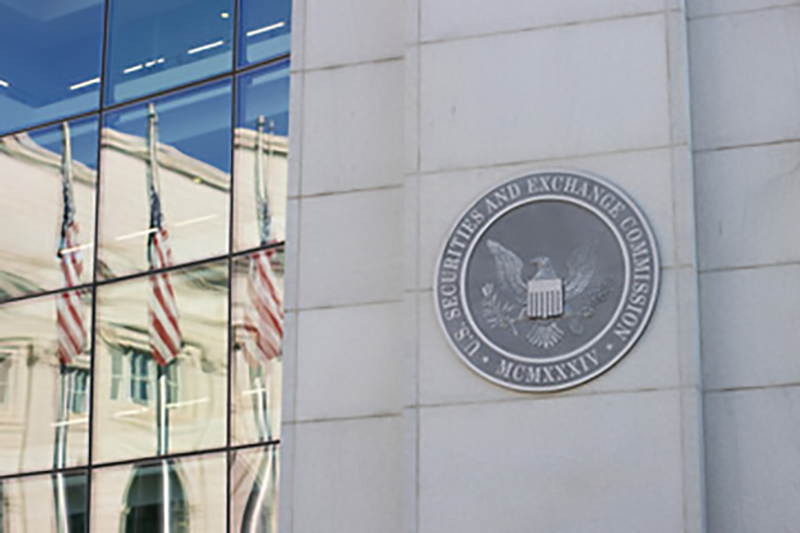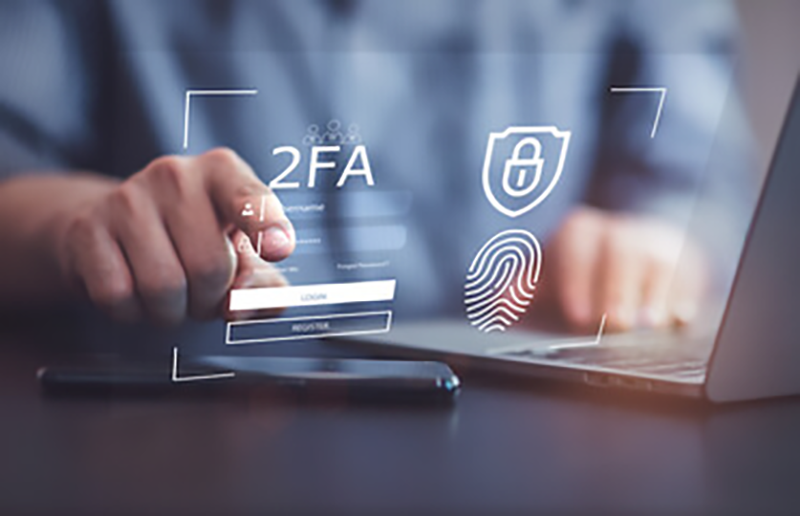Today, customers expect more than just a generic experience—they want services and products that are customized to their needs. But along with personalization, they also want to know that their data is safe. That’s where secure personalization comes in.
Here’s why secure personalization is so important to modern customers and how it can help build trust and loyalty for your business.

What Is Secure Personalization In Business Marketing?
Secure personalization in business marketing is the practice of offering personalized experiences or services to your customers while ensuring their data is kept safe and secure.
It involves using customer preferences, behaviors, and purchase history to create tailored recommendations, content, or offers that are relevant to them.
However, it’s not just about personalizing the experience; it also means protecting that data through secure methods like encryption and following security standards and privacy regulations.
Balancing Customer Security With Personalization
If you run a business, your customers expect more than just great products or services—they want personalized solutions that fit their needs. They want to feel like you “get” their business. But along with personalization, they also expect you to prioritize security.
To personalize their experience, you might collect data about their usage habits, industry, or company size.
But here’s the challenge: if your clients think their sensitive data—like personal purchase information, employee records, or proprietary workflows—isn’t secure, they’ll hesitate to trust you. They need to know that while you’re tailoring your services, you’re also protecting their data from breaches, leaks, or misuse.
In fact, Cisco’s 2023 Consumer Privacy Survey found that 16% more consumers are exercising their Data Subject Access Rights (DSAR). The biggest increase came from the 18-24 age group. Also, 75% of consumers say they won’t buy from companies they don’t trust with their data.
That’s why balancing personalization with strong security is crucial. Here’s how you can do it:
- Be Transparent About Data Use – Clearly explain why you collect data and how it helps deliver personalized solutions. For example, “We analyze your usage patterns to suggest features that improve efficiency.”
- Implement Full Security Measures – Use encryption, firewalls, and secure access controls to protect client data. Show them that security is built into your operations, not an afterthought.
- Respect Client Boundaries – Only collect the data you truly need. Don’t ask for information that doesn’t directly enhance your product or service or add value to the client.
- Stay Compliant – Follow industry regulations, like the Federal Trade Commission (FTC) Safeguards Rule or the New York Department of Financial Services Cybersecurity Regulation (23 NYCRR 500) to ensure your data practices meet the highest standards. This not only builds trust but also protects your business from legal risks.
When you prioritize security while delivering personalized experiences, you show your clients that you value both their needs and their trust. This balance helps you strengthen client relationships and positions your business as a reliable provider in a competitive market.
How Your Business Benefits From Secure Personalization
According to SmarterHQ, 90% of consumers are open to sharing their behavioral data with brands if it results in a cheaper and easier shopping experience.
However, consumer sentiment varies across different industries. McKinsey’s research reveals that consumers trust brands in healthcare and financial services the most, with 44% of respondents picking these sectors as the most reliable. On the other hand, industries like consumer packaged goods, agriculture, media, entertainment, and oil & gas score much lower, with only 10% of consumers trusting them.
So, while personalized marketing can be a powerful tool, it’s essential to build trust with your customers first—especially if you want to make the most of their willingness to share data.
Here’s how secure personalization helps your business:
- Happy Clients Come Back – When you make their experience personal and safe, customers are more likely to return.
- Boosts Sales – Personalization helps identify opportunities for upselling or recommending relevant services. Securely storing their preferences ensures these recommendations are relevant and timely.
- Builds Trust – When you protect their information, customers feel confident doing business with you. Trust keeps them loyal.
- Improves Your Reputation – Word gets around. As your clients share their positive experiences, you’ll attract new businesses looking for tailored solutions and peace of mind regarding their data security.
As more businesses recognize the importance of secured personalization, you’ll need to keep up. Offering this combination not only meets the demands of today’s customers but also positions you as a forward-thinking company that understands the future of service.

FAQ
What Is Secure Personalization In Business?
Secure personalization combines customer-focused experiences with strong data security measures to build trust and loyalty—whether it’s services, products, or content. Modern customers want personalized experiences, but they also care about the safety of their data.
Why Is Secure Personalization Important To Today’s Customers?
When businesses offer tailored services while keeping their information secure, it creates a sense of trust and encourages long-term relationships. Without security, customers may feel their data is at risk and may avoid interacting with your brand.
How Can Businesses Ensure Secure Personalization?
To ensure secure personalization, businesses should use encrypted data storage, follow privacy regulations, and collect only necessary customer information. Partnering with Cybersecurity professionals can bolster security as they can help manage data use and compliance to build trust and keep customers confident in your brand.








